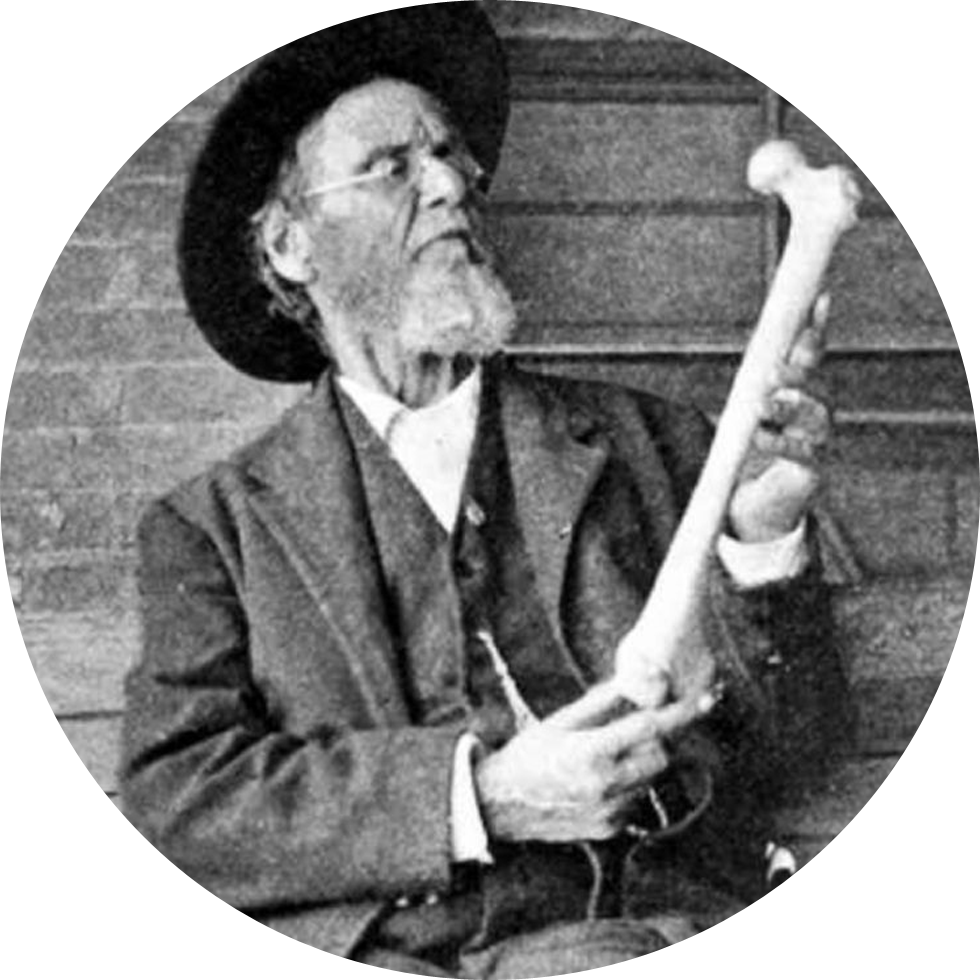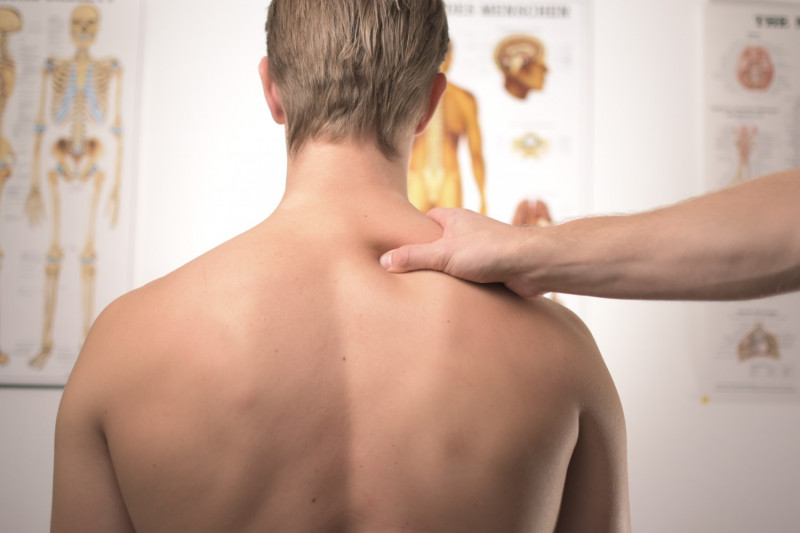
Osteopathy was invented in 1874 by Andrew Taylor Still, an American physician and surgeon.
At the time that A.T. Still was practising medicine, unsanitary surgical practises would often result in more deaths than cures, and commonly prescribed medications included arsenic, whiskey and opium. Dr Still became increasingly dissatisfied with what he saw as the excessive and often harmful interventions endorsed by orthodox medicine and in 1864, after experiencing the loss of his wife and three daughters to spinal meningitis, he set out to reform conventional medicine and establish a practice that did not so readily resort to drugs, purgatives and other invasive therapies of the time.

Adopting a holistic view
A. T. Still worked on the principle that structure and function are interrelated and he stressed the idea that each piece of the body is important in contributing to the harmonious function of the whole person. He named his new therapy ‘Osteopathy’ based on the Greek words ‘osteon’ (bone) and ‘pathos’ (suffering) in order to convey the importance he placed upon the musculoskeletal system in health.
Andrew Taylor Still was one of the first doctors to promote the idea of preventative medicine and the philosophy that physicians should focus on treating the disease rather than just the symptoms.

Moving to modern day
Over the past 150 years, both the medical and osteopathic professions have continued to develop and evolve. In Andrew Taylor Still’s homeland of America, ‘osteopathic physicians’ continue to work as medical doctors, underlining their traditional medical training with the principles of osteopathy.
In the UK, osteopaths work as physical therapists, focusing primarily on musculoskeletal disorders and working alongside other healthcare professionals where appropriate, in the management of their patients’ physical health.
A lot has changed since A.T. Still's time, with significant developments in our knowledge and understanding of how the human body works. At Tyneside Osteopathy, we strive to maintain the principles of holism and preventive healthcare that led to the creation of osteopathy whilst embracing the latest research and the values of modern western medicine. You can read more about the types of complaints we can help with below.